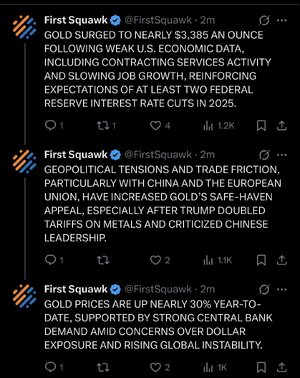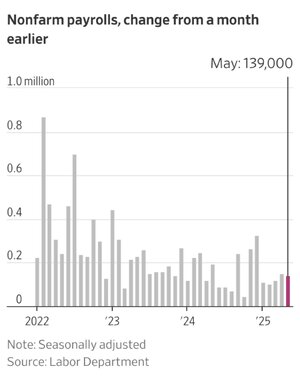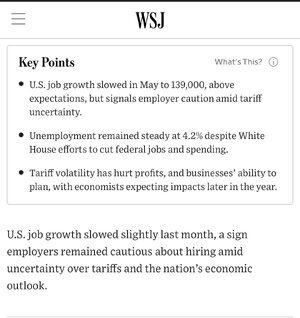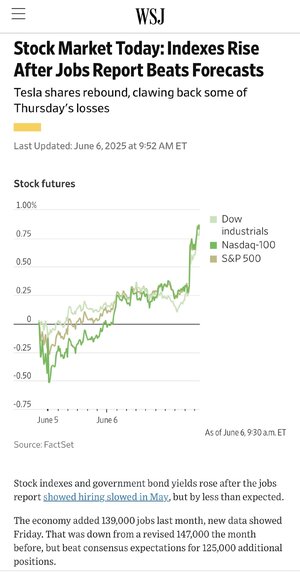Economists Raise Questions About Quality of U.S. Inflation Data
Labor Department says staffing shortages reduced its ability to conduct its massive monthly survey

—>
https://www.wsj.com/economy/cpi-inf...e?st=cYzxqj&reflink=desktopwebshare_permalink
“Some economists are beginning to question the accuracy of
recent U.S. inflation data after the federal government said staffing shortages hampered its ability to conduct a massive monthly survey.
The Bureau of Labor Statistics, the office that publishes the inflation rate, told outside economists this week that
a hiring freeze at the agency was forcing the survey to cut back on the number of businesses where it checks prices. In
last month’s inflation report, which examined prices in April, government statisticians had to use a less precise method for guessing price changes more extensively than they did in the past.
Economists say the staffing shortage raises questions about the quality of recent and coming inflation reports. There is no sign of an intentional effort to publish false or misleading statistics. But any problems with the data could have major implications for the economy.
To calculate the inflation rate, hundreds of government workers called enumerators
fan out across cities each month to check how much businesses are charging for products such as blue jeans and services such as accounting, often by visiting bricks-and-mortar stores. Statisticians roll those figures together into the consumer-price index, a data stream that shows how the cost of living is changing for typical Americans.
If the government’s enumerators can’t track down a specific price in a given city, they try to make an educated guess based on a close substitute: say, cargo pants instead of slacks. But in April, with fewer workers on hand to check prices, statisticians had to base their guesses on less comparable products or other regions of the country—a process called different-cell imputation—much more often than usual, according to the BLS.…”







